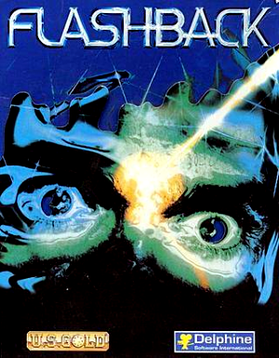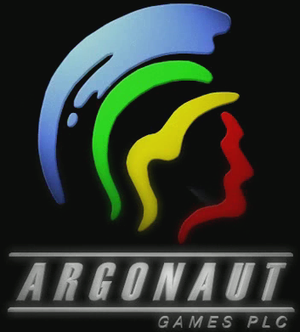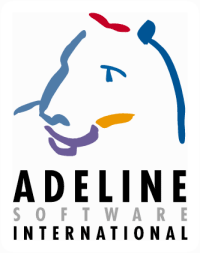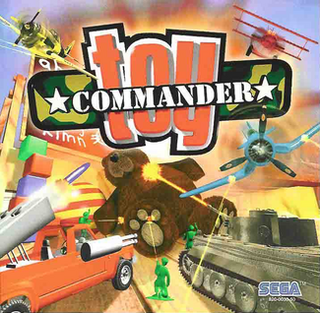
Flashback, released as Flashback: The Quest for Identity in the United States, is a 1992 science fiction cinematic platform game developed by Delphine Software of France and published by U.S. Gold in the United States and Europe, and Sunsoft in Japan.

GameSpy was an American provider of online multiplayer and matchmaking middleware for video games founded in 1999 by Mark Surfas. After the release of a multiplayer server browser for Quake, QSpy, Surfas licensed the software under the GameSpy brand to other video game publishers through a newly established company, GameSpy Industries, which also incorporated his Planet Network of video game news and information websites, and GameSpy.com.

Argonaut Games PLC is a British video game developer founded in 1982. It was known for the Super NES video game Star Fox and its supporting Super FX chip, and for Croc: Legend of the Gobbos and the Starglider series. The company was liquidated in late 2004, and ceased to exist in early 2007. It was relaunched in 2024.

Adeline Software International was a video game developer founded in February 1993 as a subsidiary company of Delphine Software International, and based in Lyon, France. The team mostly came from Infogrames, another French video game company, after a disagreement about sequels of the Alone in the Dark bestseller.

Factor 5 GmbH is an independent software and video game developer. The company was co-founded by five former Rainbow Arts employees in 1987 in Cologne, Germany, which served as the inspiration behind the studio's name.

Fade to Black is a 1995 action-adventure game developed by Delphine Software International and published by Electronic Arts. It is the sequel to the 1992 video game Flashback. The game was released for MS-DOS with full Gouraud-shaded 3D graphics, and PlayStation with fully textured 3D. A version for the Dreamcast was released in 2018 by JoshProd, rebranded as Fade to Black: Flashback 2.

Nintendo Software Technology Corporation, doing business as Nintendo Software Technology (NST), is an American video game developer. NST was created by Nintendo as a first-party developer to create games for the North American market, though their games have also been released worldwide. The company was founded by Minoru Arakawa, Claude Comair and Scott Tsumura in 1998 and is located inside of Nintendo of America's headquarters in Redmond, Washington.

Bizarre Creations Limited was a British video game development studio based in Liverpool, best known for their racing titles Metropolis Street Racer (Dreamcast) and the follow-up Project Gotham Racing series. The company has also developed games in other genres, including the Geometry Wars arcade series, plus the third-person shooters Fur Fighters and The Club. Bizarre Creations was acquired by publisher Activision in 2007, and subsequently completed its racer Blur in May 2010.
Paul Cuisset is a French programmer and designer of several video games.

Nintendo Wi-Fi Connection was an online multiplayer gaming service run by Nintendo that formerly provided free online play in compatible Nintendo DS and Wii games. The service included the company's Wii Shop Channel and DSi Shop game download services. It also ran features for the Wii and Nintendo DS systems.

Toy Commander is an action game for the Dreamcast developed by No Cliché and published by Sega.

Frédérick Raynal is a French video game designer and programmer, notable for his game developments in Infogrames, Adeline Software International and No Cliché. He is married to Yaël Barroz, a fellow game designer, with whom he has two children.

Nintendo Software Planning & Development Division, commonly abbreviated as Nintendo SPD, was a Japanese research, planning and development division owned by Nintendo and housed inside the Nintendo Development Center in Kyoto, Japan. The division had two departments: Software Planning & Development Department, which primarily co-produced games with external developers; and Software Development & Design Department, which primarily developed experimental and system software. The division was created during a corporate restructuring in September 2003, with the abolition of the Nintendo R&D1 and Nintendo R&D2 departments.

Paul de Senneville was a French composer and music producer.

VectorCell was a French video game developer founded in 2005. The company was owned by Paul Cuisset and Lexis Numérique. The company developed Amy for PlayStation 3 and Xbox 360. The company also planned to release Jesus Christ Super-Star on the iOS and Zeebo.

Raphaël Gesqua is a French composer, arranger and sound designer.















